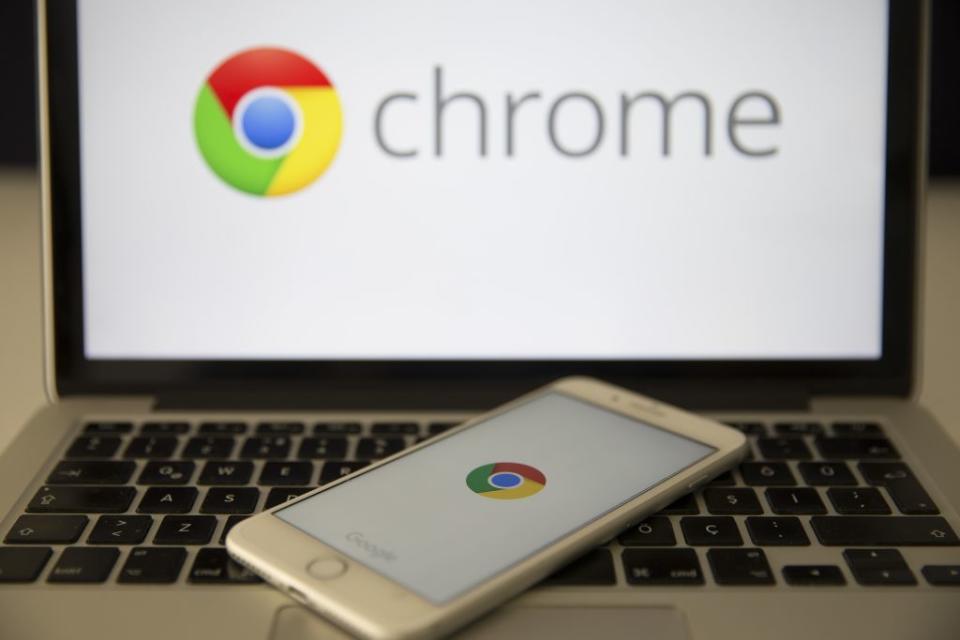Google Chrome can expose all your online passwords: Here’s how

Cyber criminals already have all sorts of ways to steal your private information – from using your mobile number or WhatsApp against you, to pretending to be from the big banks, or impersonating the ATO and demanding payment in Bitcoin or gift cards.
They’ll also lurk around unsecured public WiFi networks in hopes of stealing your private information.
And now, it seems, there is another way hackers can easily gain access to all your personal security information and banking details.
What do they need?
Your computer password.
Here’s how it works
Open a Google Chrome browser
Click on 'Menu' (the three dots icon in the top right corner of the browser)
Hit 'Settings'
Under 'Autofill', click on 'Passwords'.
Hit the ‘eye’ symbol next to the covered-up passwords
When a window pops up asking for ‘User Name’ and ‘Password, enter the computer log-in password
How can I protect myself?
Make sure no one knows your computer password, and change it regularly.
While it’s a handy setting, avoid accepting the use of ‘auto-fill’ when Google Chrome prompts you if you want to be extra careful.
Related story: Google is making Incognito mode even more private
Related story: Avoid being a target for cybercrime when travelling; here’s how to protect yourself
Related story: Twitter fired up as Google blocks ticket reseller Viagogo from paid search results
And if your computer doesn’t already lock itself after a period of inactivity, change that setting.
Make your money work with Yahoo Finance’s daily newsletter. Sign up here and stay on top of the latest money, news and tech news.

 Yahoo Finance
Yahoo Finance 
